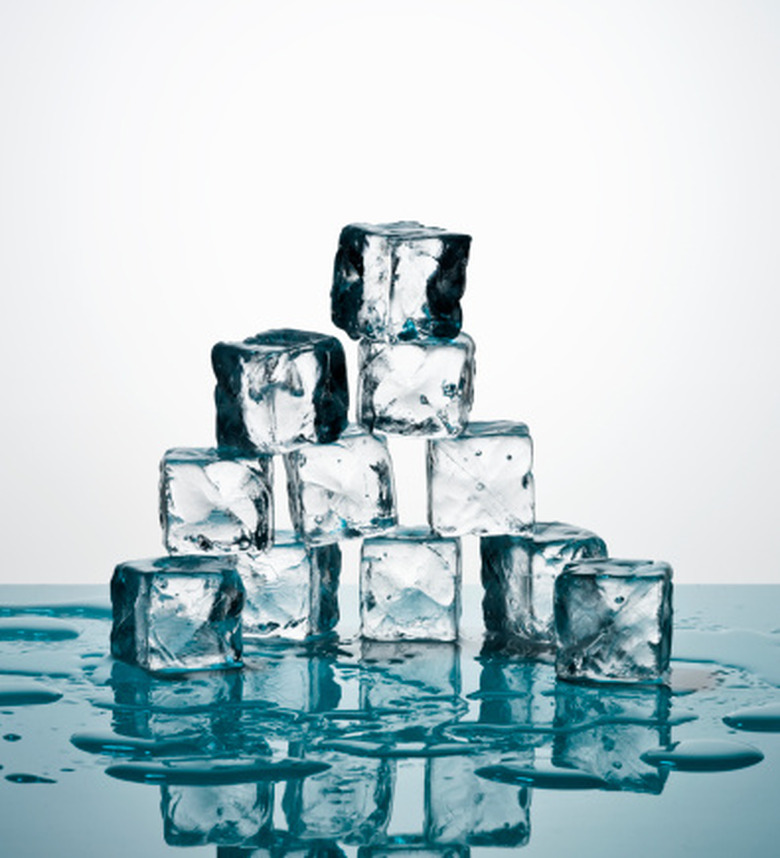What Happens To Roadside Plants When Salt Is Used To Melt Ice On Roads?
When salt dissolves, it decreases the freezing point of the water. Consequently, salt is often added to icy roads in wintertime. Afterwards, however, the salt can sometimes have detrimental effects on roadside plants.
When salt dissolves, it decreases the freezing point of the water. Consequently, salt is often added to icy roads in wintertime. Afterwards, however, the salt can sometimes have detrimental effects on roadside plants.
Types
Salty runoff from melting ice on roadways increases the salt content of the soil, altering its composition and potentially making it more easily compacted. Increases in salt concentration can decrease the rate at which plants can take up water from the soil; plants may also take up some of the excess sodium chloride in the place of the magnesium and potassium they also need, leading to nutritional deficiencies.
Function
Plants suffering from high levels of soil salt concentration often resemble plants afflicted by drought or damage to their roots. Common symptoms include yellowed leaves with scorched edges; potassium deficiencies are a common problem. Needles on evergreen trees may turn yellow or brown in the spring.
- When salt dissolves, it decreases the freezing point of the water.
- Salty runoff from melting ice on roadways increases the salt content of the soil, altering its composition and potentially making it more easily compacted.
Considerations
Some species of plants can tolerate higher salinities than others. Colorado blue spruce and ponderosa pine, for example, are more salt-tolerant than red maple or sugar maple. Nonetheless, if you use salt to de-ice your road or driveway, it's best to use it in moderation and avoid overapplying salt if possible.
Water Plants With Salt Water?
High-sodium environments can be detrimental to the growth of many plants. Plants, like all living organisms, need a little salt, but intentionally increasing the salt content can result in stunted growth and even tissue death in plants. According to Alan Blaylock of the University of Wyoming, stunted growth is a direct result of a high-sodium environment. Sodium levels are especially hazardous to fruit-bearing plants, decreasing their ability to produce a healthy harvest. Severe salt levels can result in death from water stress. Salt limits the amount of water a plant can absorb, leaving a plant to die of thirst even in moist soil. Salts can be used very sparingly when landscaping.
- Some species of plants can tolerate higher salinities than others.
- Plants, like all living organisms, need a little salt, but intentionally increasing the salt content can result in stunted growth and even tissue death in plants.
